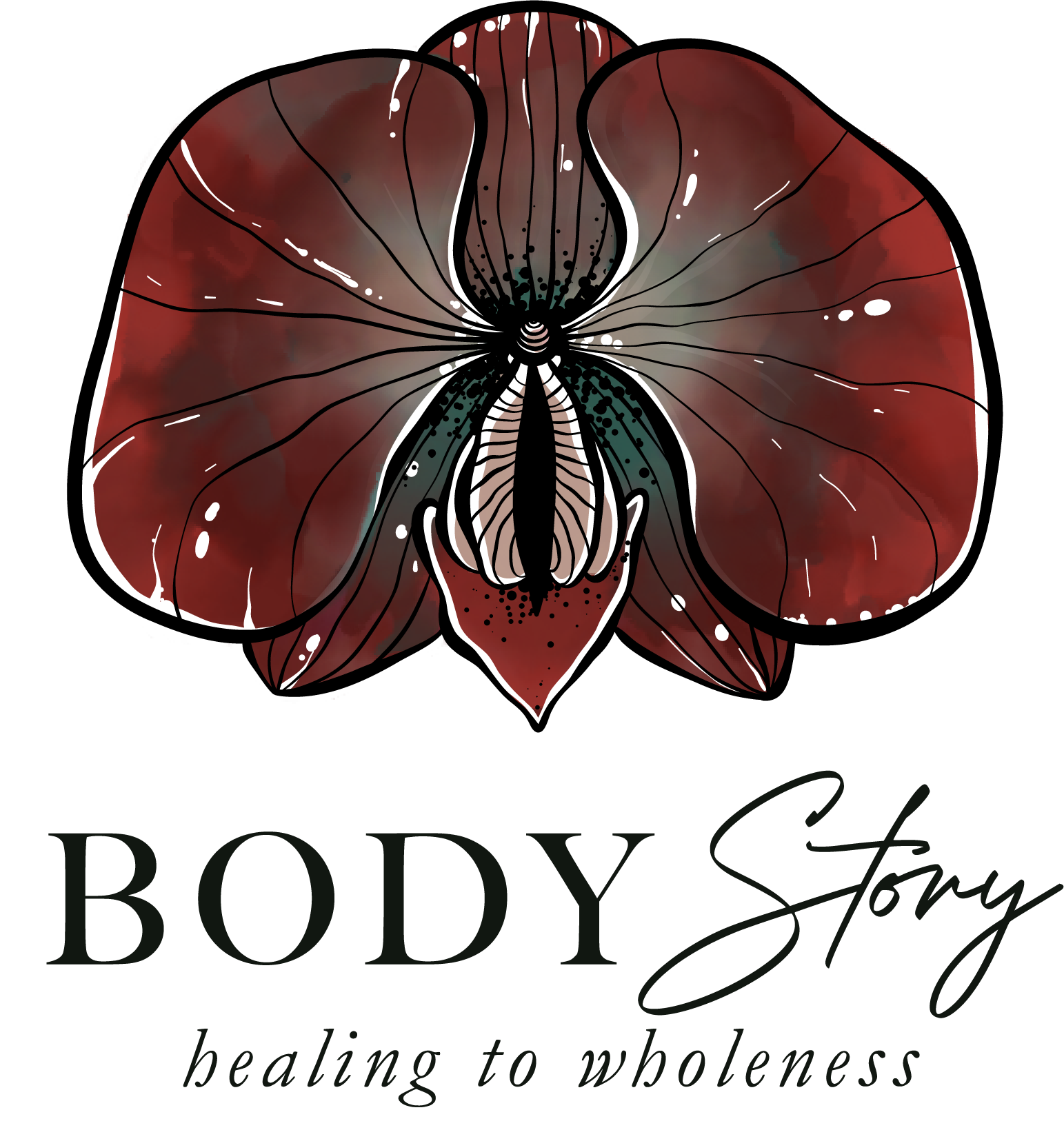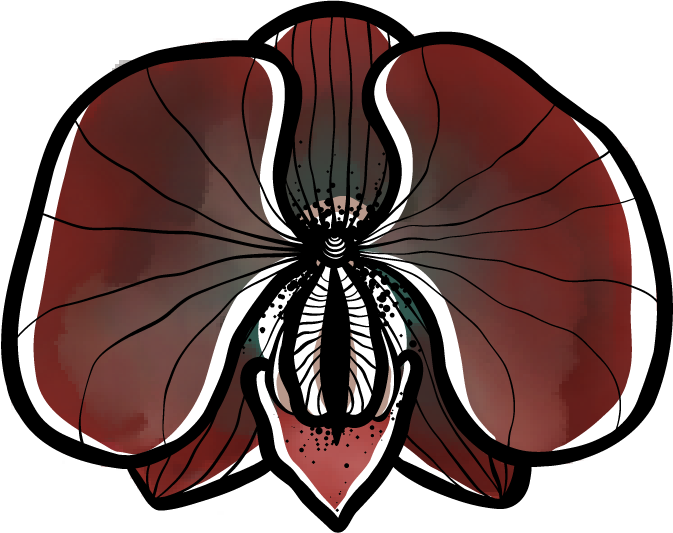I wanted to do things really well after my daughter was born.
No, I wanted to do them perfectly.
While I was pregnant, I would watch a mother drag her screaming toddler out of a store and imagine offering perfect discipline that would prevent such an episode. I would see a disheveled mother tossing her kid out of the car at school, cold toast in her hand, and imagine how my perfectly scheduled day would allow us to arrive on time, if not early.
While I was dreaming of being the perfect mother, I made a plan for the perfect birth. After having read many stories of home birth, I picked a midwife and decided that mine, too, would be as natural as it could be. Afterward, I would engage in a perfect six-week postpartum healing period, drawing from the wisdom of Ayurveda and the grandmothers of women’s health. I knew of the importance of absolute rest, belly wrapping, sitz baths, and nourishing food. And I was going to do all of it. Perfectly.
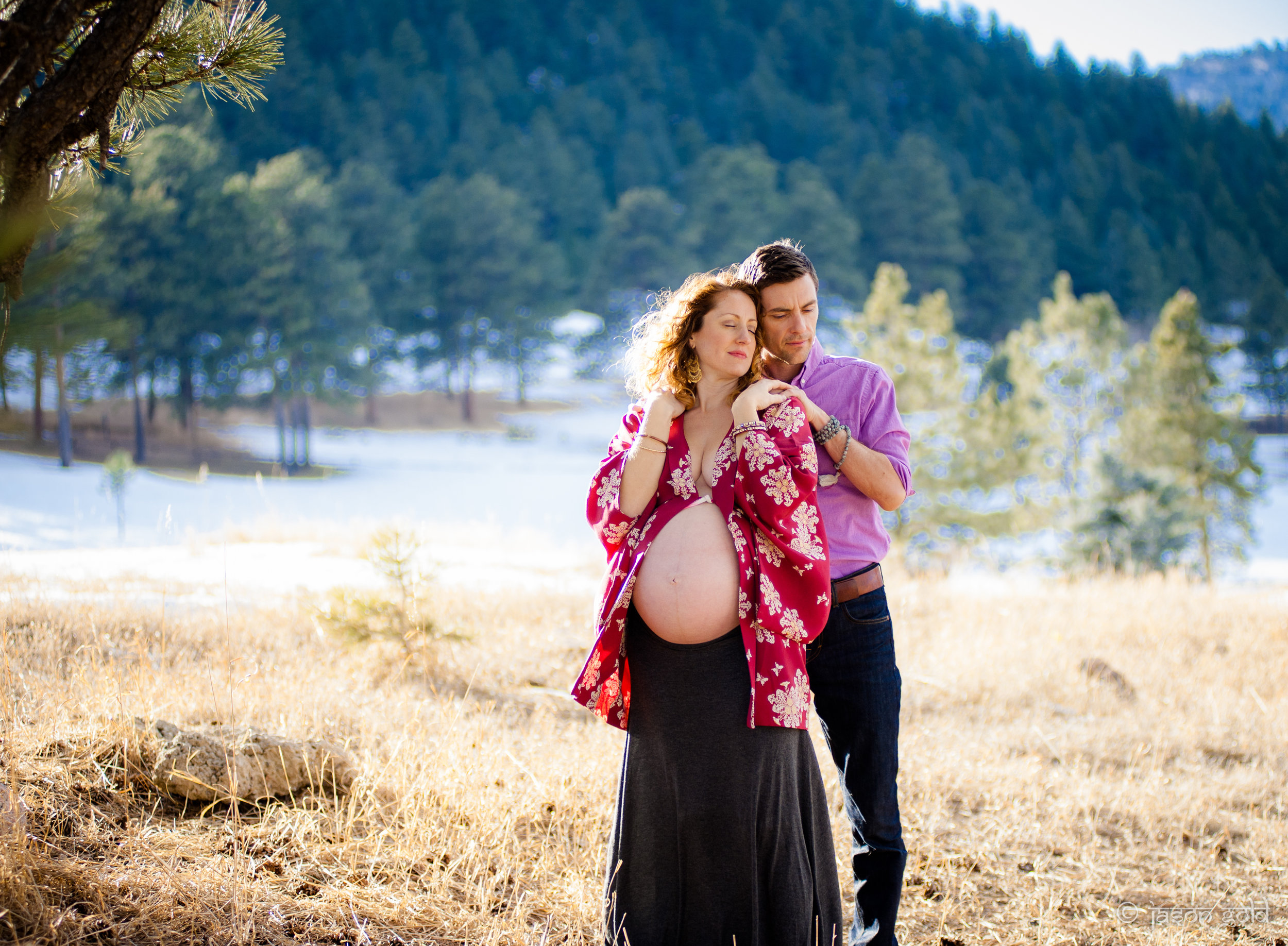
I bought a vintage silk haori (a short kimono jacket), imagining that I would wear it during delivery and after. If I was going to lie in bed for weeks, at least I would feel beautiful.
Imperfect arrival
On the day of my daughter’s birth, I found myself in the most surprising of places: walking through the doors of the local hospital. I had spent the last 40 hours at home with my midwife and my husband. In spite of their company, I had never felt so alone and terrified of the pain this passage would bring. I had held back, pushing only with my mind and hoping to get it over with.
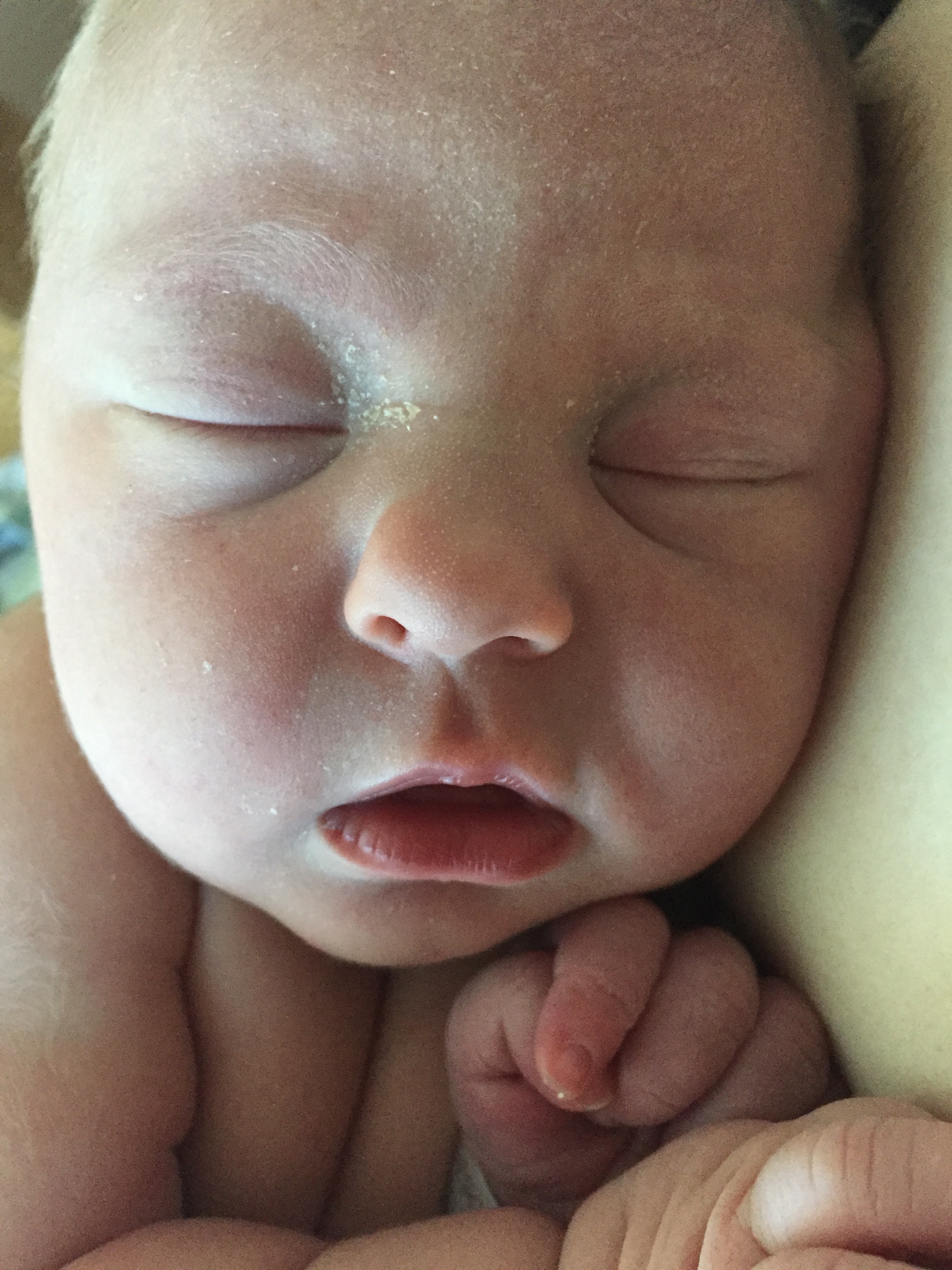
Going to the hospital felt like a descent into a world that was completely against my own. Like crossing the enemy’s line carrying the saddest little tattered white flag. I cried as I signed the admittance papers. I cried as I took the divine blessing of a needle in my spine. The shame of being kicked out of the natural birth club dispersed just long to grant me sleep. When I woke up, the midwives placed a mirror at the end of my bed so I could see what I could not feel. My daughter, Leonie, came with a greater ease than I thought was possible.
The next day, my body hurt in a way I could never have imagined. Against the doctor’s wishes, I signed myself out of the hospital. I wanted my own bed, my food, and space to sit in the enormity of birth and a new life to watch over. It took 12 hours of fighting, and when we finally left, they did not give me a wheelchair. I limped out on my husband’s arm, backtracking my steps through the big glass doors that I had taken a lifetime ago.
We came home to a house that had been destroyed by two days of home birth. The tub was filled with water in the living room. Dishes were scattered everywhere. Hardened mochi that I had baked at 3:00 a.m. the night before sat on the counter.
I did not care about any of it. I immediately crawled into bed with my daughter.
Learning how to ask for help
My husband had agreed to play the role of my postpartum doula. After cleaning the house the next morning, he set about offering me daily abhyanga (oil massage) and simple, easily digested meals of split mung and basmati rice. He kept me hydrated with a steady supply of fennel and fenugreek tea, which I drank until my sweat smelled of musty maple syrup. He ran herbal baths, holding my daughter and carefully placing her on my belly to nurse while I bathed. Then he would wait with us until we were ready to get out.
All of it made me feel terribly useless. I cringed each time I had to admit that I was thirsty and incapable of getting a glass of water. But stuck under a nursing babe, I had no choice but to be at the mercy of another. I swallowed the help, feeling it fall to the bottom of my stomach like mud, dank and heavy.

He answered every need without a single eye roll. He even told me I was sexy, lying there in a ridiculously huge terry cloth robe and postpartum diaper panties. Still, as we were independent contractors, we couldn’t afford to lose both incomes. So he was doing all of this while working full-time from home. I can still taste the guilt upon hearing him sprint up from his office to fill my water glass, then sprinting back down to throw water on another fire.
He began to look gaunt and exhausted. What rejuvenation I had gained was at his expense. This certainly wasn’t the wisdom of the grandmothers.
Breaking out
We had decided to keep visitors away for the first two weeks, and keep me inside for that same time. This was a big part of the plan, not to expose her or me to the world in such a vulnerable state.
But on Saturday, one week after she was born, the sun came out. It was one of those early March days where the smell of spring bursts like crocuses out of the frozen ground. I ached for the sun on my skin. I craved the rejuvenation of spring. I was dying to trade my terry cloth robe for a real shirt and be a part of the world again.
“Are you sure?” my husband asked.
All we did was eat lunch. Someplace we could grab and go in case things went south. We were gone for less than an hour, but I worried the whole time about my midwife seeing me. As the sun warmed my cold skin, I felt guilty that I had broken this promise.
“Let’s go back,” I said.
At home, I re-robed and fell back in bed with my daughter. She slept as I grieved the loss of my two-week laying in period.
All I had done was get some sunshine on my skin and warm food in my belly, yet it made me feel like a sinner.
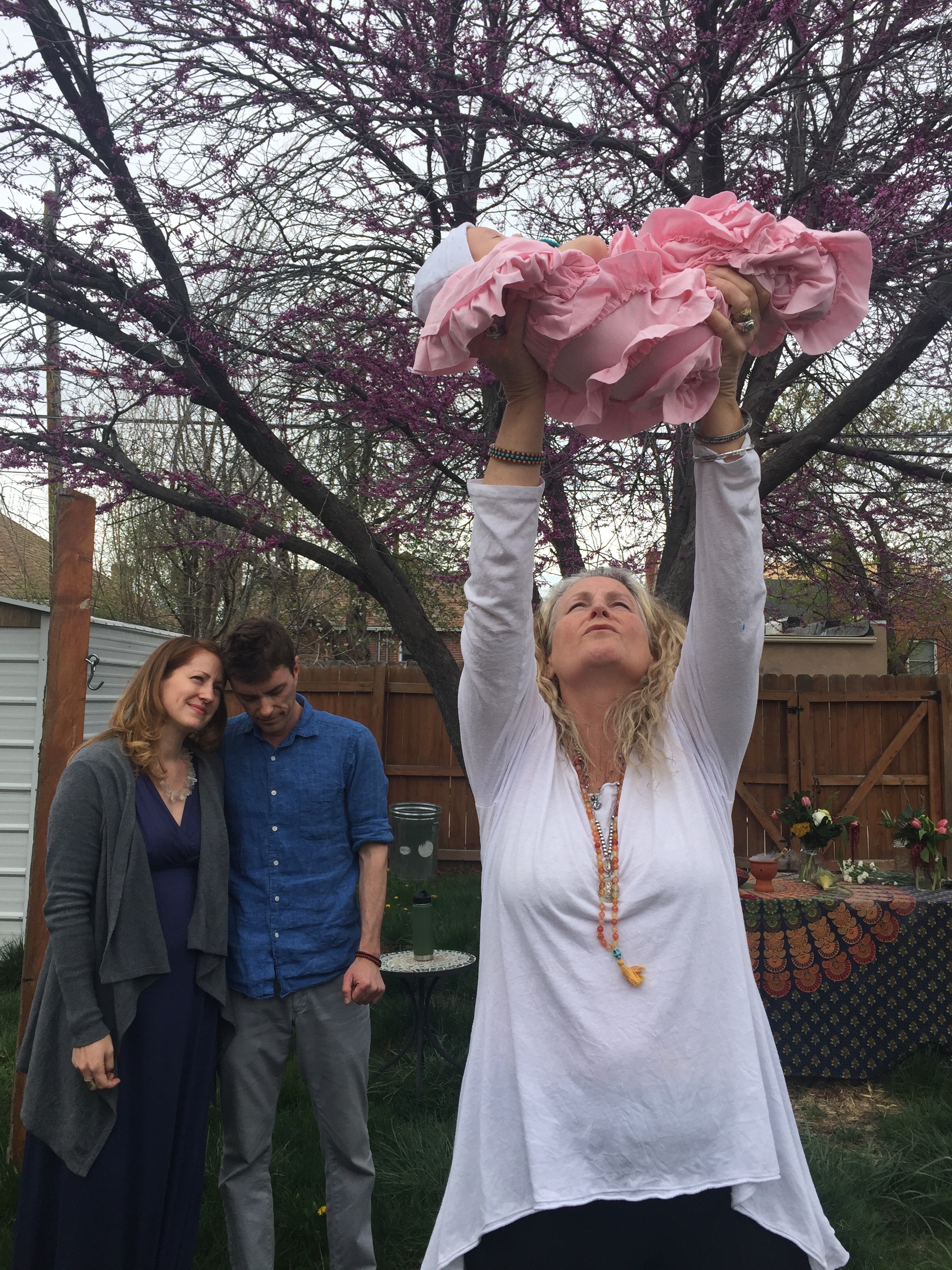
The first visitors
We broke our visitor fast after two weeks. Grandparents and friends flurried into the living room, eager to hold Leonie and find out how I was doing. One of the first was Santi Devi, my spiritual teacher, a former doula and also a mother herself. She sat with me as Leonie slept on my lap. I could barely speak from all the shame I felt.
“Stop all this,” she said plainly. She placed her hand on my arm softly, yet I could see storm in her eyes. It was the fury of all the women whose lives were shaped by the belief that they had done it wrong.
“There is no right way to have a baby.”
One last drop of water fell into the reservoir, taking the last bit of strength the dam had left. It was a welcome flood.
The fairy flies
I have learned from one of my daughter’s books that the smallest bug that exists is called a fairy fly. Quite easy to miss, it is barely the size of a period. My journey through birth and the first few weeks of motherhood was like walking through a swarm of fairy flies — it only became visible when I stepped away and looked back at the mass that was surrounding me.
Nearly three years since giving birth, I have become a sort of entomologist to these fairy flies. Here is one thing I have learned: Birth is not something we do very well in our modern lives. Our ideal swings from safety in a sterile hospital environment to empowerment at home in a tub. Yet no matter where we catch our babes, we are forced to make choices in the messiest of circumstances. I have judged myself and have been judged for the choices I made. Both feel awful. Both add unnecessary stress to an already difficult time.
Another: Modern life is not set up for the kind of support that women need in the first few weeks. Hiring a postpartum doula would have made it easier for us, but financially speaking, it was out of reach. We had no family or friends who understood the Ayurvedic protocols we had studied, so we did our best (my husband is resting and doing well, thanks).
My postpartum care was far above average, yet it took me a full year to feel strong again. And another to regain my footing in my body. I cannot imagine what it would have felt like if I had had to return to work after four weeks, yet I’m painfully aware that for many women, even four weeks is impossible.
Here is my most prized specimen of all: Birth is a passage. As with any passage, I emerged with different eyes. One of the things I saw in this new vision is that women are raised on a steady diet of guilt and shame. We hate ourselves simply because we have no place in this world to put our beauty. We question our choices and our worth, and toss the divine love that is ours to share into a pit of attachment (to perfection) and aversion (to all of life, which is inherently imperfect).
With this new sight came a willingness to look at why I feed myself this bitter food, and a desire to love the ugliest parts of myself. I am happy to share that I can taste sweetness again, but I still have many lifetimes of work to go.
What happened to the silk haori
As crazily imperfect at my birth story turned out to be, I hold this time with such tenderness in my heart. I remember with so much love the first two weeks when it was just the three of us. Learning her cries. Learning to nurse. Learning how to wipe liquid poop from all her crevices. Learning, perhaps most importantly, that there is no place for a silk haori in birth or for a long time after.
Mamahood asks a lot of us. Whether it is learning to give up old ideas of having a social life or realizing that we are the only ones who are going to wipe that snotty nose, it is a constant push off a very tall cliff. We fall, fall, fall into an underworld. But if we give ourselves just enough grace to land softly, we see that what was up there was not real after all. And then, we are pushed again. And again. And again.
It turns out that mamahood is quite good practice for raising a child.
